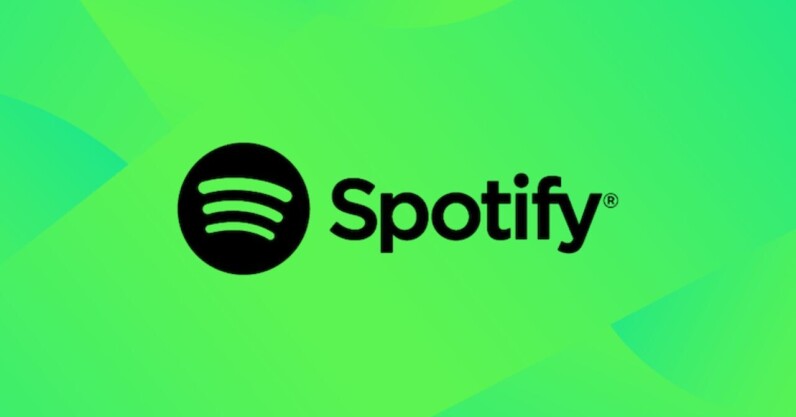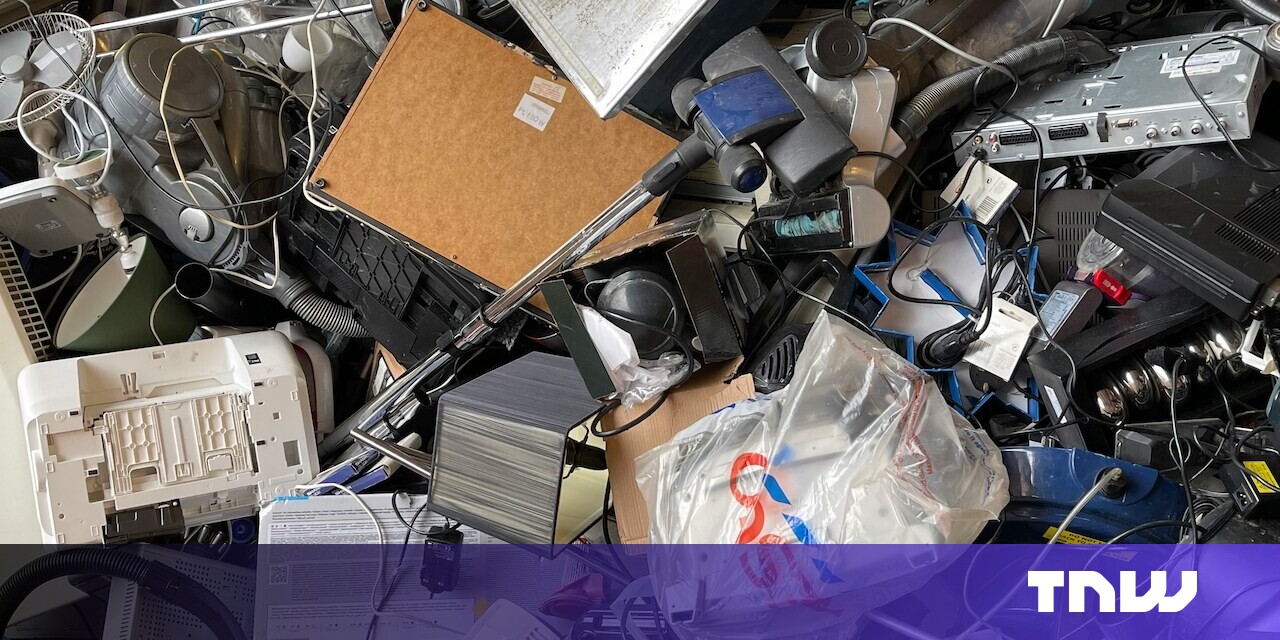Spotify plots in-app purchases from March for iPhone users in EU

If you’re an iPhone user in the EU, you could soon get to buy audiobooks and subscriptions from within the Spotify app. The reason? A new EU antitrust regulation that targets big tech.
Known as the Digital Markets Act (DMA), the law designates companies as “gatekeepers” if they have a monopoly in the digital economy. In September, the EU revealed the first six members of the club: Alphabet, Amazon, ByteDance, Meta, Microsoft, and — you guessed it — Apple.
The gatekeepers were given six months to comply with the DMA. In Apple’s case, one of the requirements is ending the mandatory 30% fee for in-app purchases.
Spotify has long rallied against the charge, which the company says it has to pass on to consumers. Last year, the streaming giant decided that the benefits weren’t worth the cost. Spotify announced that it would no longer allow Premium customers to pay for service service through Apple’s in-app purchases.
With the DMA, however, users will get new options. When the rules come into force on March 7, Spotify plans to offer an array of extra services in the app.
“For years, even in our own app, Apple had these rules where we couldn’t tell you about offers, how much something costs, or even where or how to buy it. We know, pretty nuts,” the company said in a Wednesday blog post. “The DMA means that we’ll finally be able to share details about deals, promotions, and better-value payment options in the EU.”
Spotify bills the changes as a win-win: customers will get a better service, while the company will receive more business and lose a loathed fee.
That’s the plan, at least — but it’s not guaranteed to succeed. Apple has yet to reveal precisely how it will comply with the DMA. If recent history is anything to go by, the iPhone-maker will search for ways to circumvent the restrictions.
For now, however, Spotify has reasons to be cheerful — and so does the EU. Amid escalating concerns about the impending AI Act, the DMA is showing the potential benefits that tech regulation can bring to consumers.


